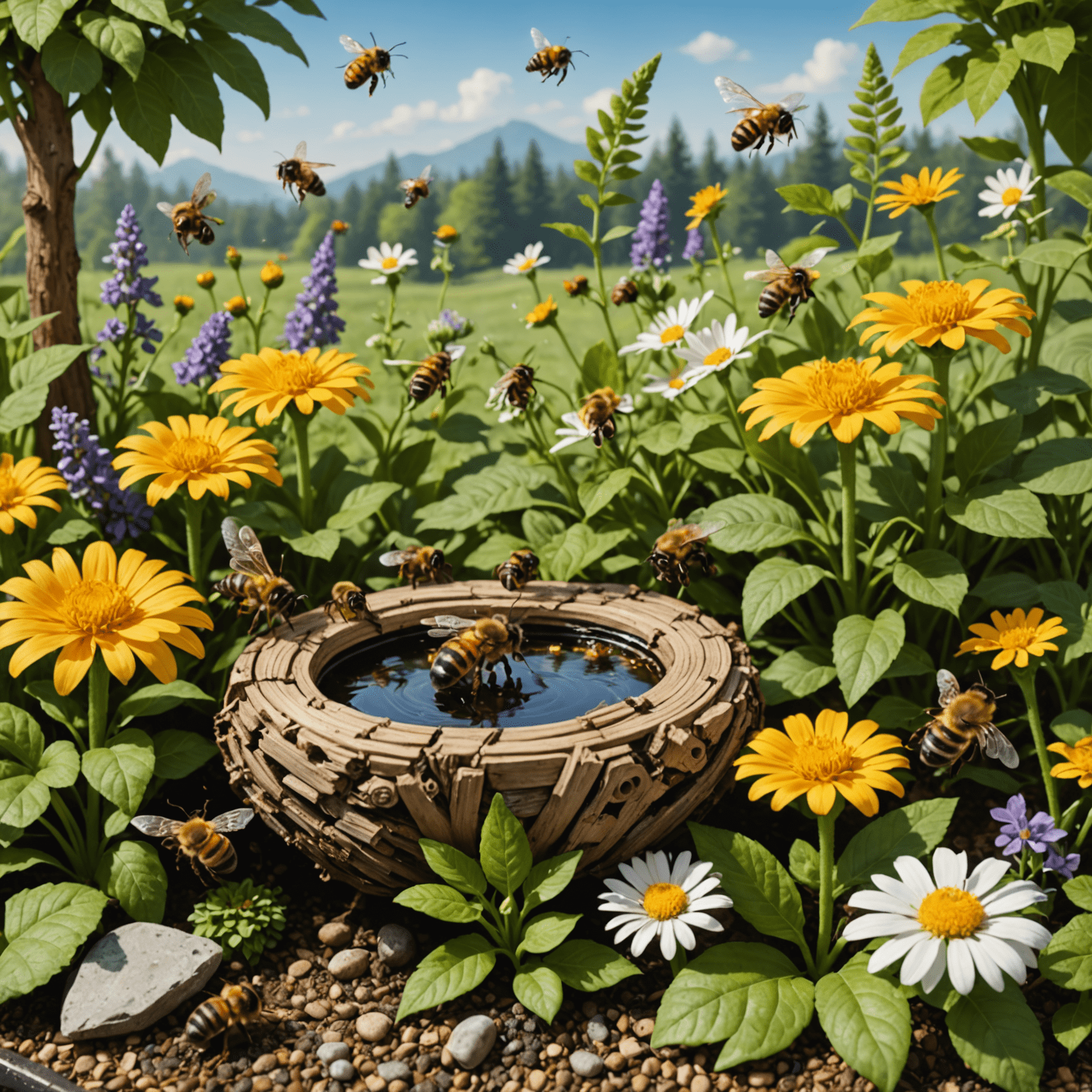Insect Habitat Consultation

Our Insect Habitat Consultation service offers personalized guidance to create thriving environments for social insects in gardens, farms, and conservation areas. By understanding the intricate needs of various species, we help you foster biodiversity and support crucial ecosystem services.
Whether you're looking to attract beneficial pollinators like bees or create a haven for fascinating ant colonies, our expert consultants will work with you to design the perfect insect-friendly space.
Garden Habitats
Transform your garden into a bustling insect metropolis. We'll help you select the right plants, create nesting sites, and design water features that attract and support a diverse range of social insects.
Farm Ecosystems
Enhance your farm's natural pest control and pollination services. Our consultations focus on creating habitats that encourage beneficial insects while maintaining a balance with your agricultural practices.
Conservation Areas
For larger conservation projects, we provide comprehensive plans to restore or create habitats that support diverse insect communities, contributing to broader ecosystem health and resilience.
Our Consultation Process
- Initial assessment of your space and goals
- Identification of target insect species suitable for your area
- Custom habitat design tailored to your needs and local ecosystem
- Plant selection and layout planning
- Guidance on creating nesting sites and water sources
- Ongoing support and monitoring recommendations

Why Choose Our Consultation Service?
- Expert knowledge of social insect behavior and needs
- Tailored solutions for your specific environment
- Emphasis on sustainable and eco-friendly practices
- Support for local biodiversity and ecosystem health
- Educational opportunities to learn about insect societies
"By creating optimal habitats for social insects, we're not just supporting their colonies – we're nurturing the very foundation of our ecosystems."